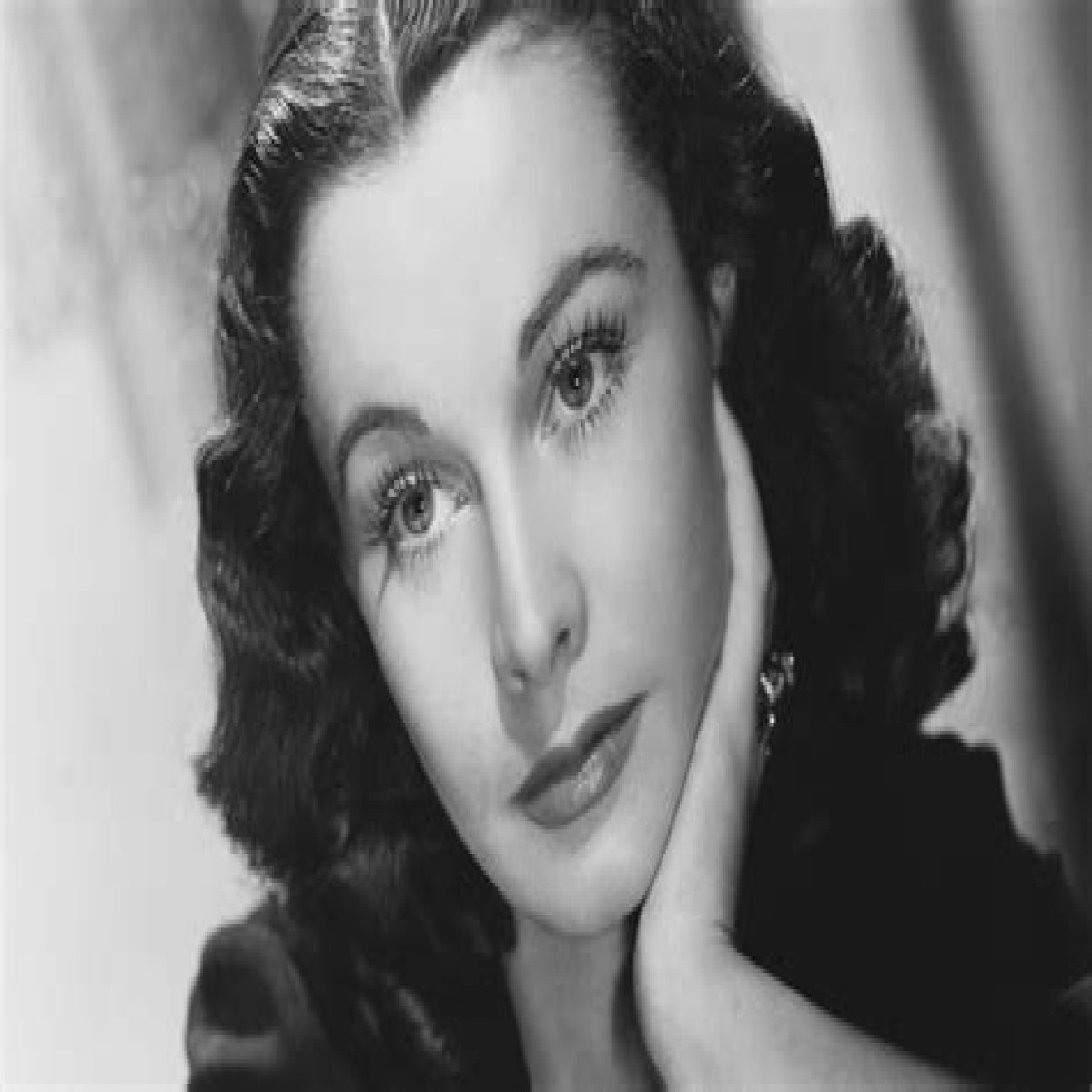As Healthline writes, notions of what's now called bipolar disorder — or periods of extreme high punctuated by deep depression — were recorded in the time of Ancient Greece. In the 1850s, though, French psychiatrist Jean-Pierre Falret first defined what we now typically think of as the condition. According to Leigh biographer Alan Strachan, behaviors consistent with bipolar disorder were reported by actress Vivien Leigh's schoolmates.
Speaking with Fox News, Strachan said, "Even at school, some of her schoolmates did notice periods when she would withdraw, almost inside herself, and occasionally be almost hysterical for a brief period. Then she would relax and become absolutely normal again and her usual cheery self." Mental health was even more stigmatized in Leigh's time than it is now, and bipolar disorder had no formal diagnosis until 1980 (via WebMD). Over time, Leigh's condition worsened, as did her professional reputation.
Still, she was reluctant to see a psychiatrist, Strachan said. Eventually, she did, "but it led nowhere," he added. "Vivien was terrified of the publicity that might possibly be shaken out by that. She was near hysterical at the thought of having anything about her nervous condition appearing in the newspapers. It was considered something of a stigma at that time." Bipolar disorder is now commonly treated with medications and therapy.
